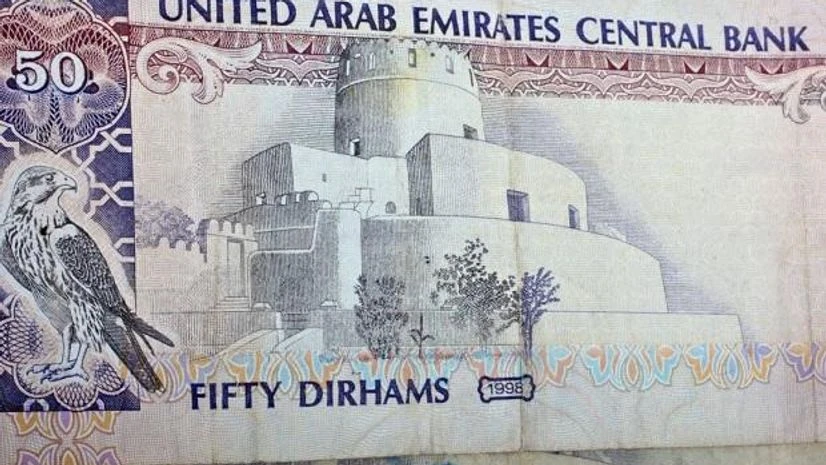Indian refiners have begun paying for most of their Russian oil purchased via Dubai-based traders in United Arab Emirates dirhams instead of U.S. dollars, four sources with knowledge of the matter said.
While Western sanctions against Moscow are not recognised by India, and purchases of Russian oil may in any case not violate them, banks and financial institutions are cautious about clearing payments so as not to unwittingly fall foul of the many measures imposed against Russia following its invasion of Ukraine.
Indian refiners and traders are concerned they may not be able to continue to settle trades in dollars, especially if the price of Russian crude rises above a cap imposed by the Group of Seven nations and Australia in December.
That has led traders to seek alternative methods of payment, which could also aid Russia's efforts to de-dollarise its economy in response to the Western sanctions.
Previous attempts by Indian refiners to pay traders for Russian crude in dirhams through Dubai banks failed, forcing them to switch back to the U.S. currency.
Also Read
But India's top bank, the State Bank of India (SBI), is now clearing these dirham payments, the sources told Reuters, providing details of transactions that have not previously been reported.
The SBI, which has overseas branches including in the United States, did not respond to requests for comment.
The G7 price cap prohibits any Western company, such as the insurance and shipping service providers that underpin much of global trade, from involvement in trading Russian crude if the purchase price is above $60 a barrel at the loading point in Russia. That remains the case even if the oil is bound for countries such as China and India which do not recognise the cap.
The shift to dirham payments was also triggered by the SBI asking refiners looking to make dollar payments for Russian crude to provide a breakdown of the costs of the oil, freight and insurance, allowing it to vet trade and avoid violating the cap.
"The SBI is very conservative in its approach," one of the sources said, even though India does not follow the price cap mechanism and Western insurance and shipping are not used for delivery.
Indian refiners typically buy Russian crude from traders at a price that includes delivery to India.
An invoice for such a deal seen by Reuters showed traders asking for an average crude price including freight for Urals crude. The document calculated the price of the cargo in dollars and dirhams.
The four sources said Indian refiners are buying Russian oil on a delivered basis to mitigate any risks arising during shipping, and so far the calculated cost at the point of loading has been below the price cap.
Indian refiners mostly buy Russian crude from Dubai-basedtraders including Everest Energy and Litasco, a unit of Russianoil major Lukoil.
Everest Energy and Litasco did not respond to requests for comment.
India's oil secretary Pankaj Jain last month said Indian companies were not facing any problems in paying for Russian oil as the latest actions by the West do not impact the trade settlement mechanism.
(Additional reporting by Nupur Anand; Editing by Mark Potter, Simon Webb, Kirsten Donovan)
(Only the headline and picture of this report may have been reworked by the Business Standard staff; the rest of the content is auto-generated from a syndicated feed.)

)
